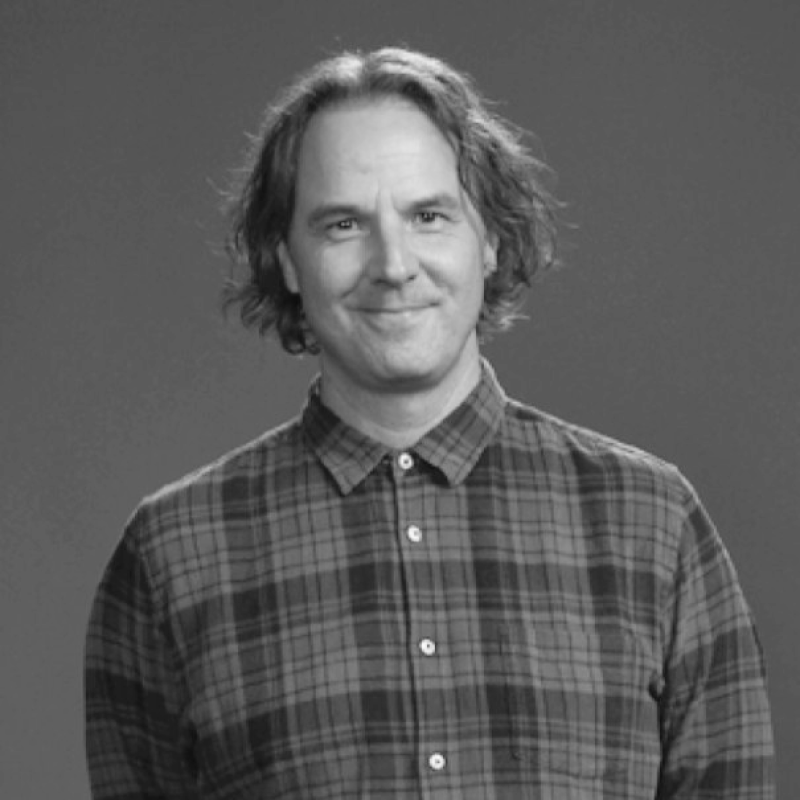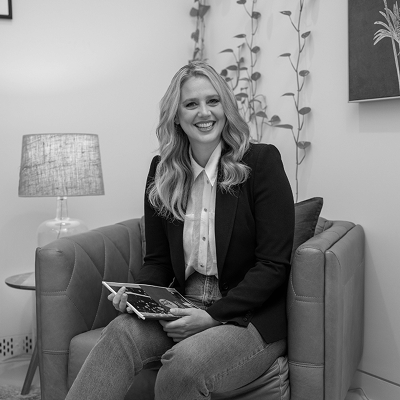
ASKING FOR A FRIEND
How to get help from an unsupportive Boss?
ASKING FOR A FRIEND - QUESTION
When your workplace feels unsupportive and your boss seems too busy to help, it's easy to feel stuck and overwhelmed. Psychologist Tara Hurster from The TARA Clinic and Creative Director Lindsay Thompson share practical strategies for navigating these challenging situations. From having honest conversations and setting healthy boundaries to questioning whether pressure is real or self-imposed, this discussion offers actionable advice for creatives struggling with unsupportive work environments. Andy Wright from Never Not Creative hosts this essential conversation about workplace wellbeing, proving that even when direct support isn't available, there are ways to protect yourself and thrive.
Getting Help from an Unsupportive Workplace
When you're struggling and need support at work, but your boss seems too busy or unwilling to help, it can feel isolating and overwhelming. The good news is there are practical strategies you can use, even when direct support isn't available.
This question was answered by Tara Hurster, psychologist and founder of The TARA Clinic, and Lindsay Thompson, Creative Director at GrowthOps Khemistry and mental health advocate. Andy Wright, founder of Never Not Creative, hosted the discussion.
Start with an honest conversation
Before assuming your boss won't help, Tara suggests examining what's driving that belief. "Has there actually been a conversation? Because sometimes we can make assumptions about other people or we can make decisions on their behalf because we haven't actually asked them."
The first step is having a direct conversation about what support you need and what capacity exists for it. Be specific about what would help: time off, additional resources, or adjusted expectations.
Set your own boundaries when support isn't available
If you've tried talking and received a "shut up and keep going" response, Tara recommends "subtle acts of defiance" - not sabotaging the company, but protecting yourself within the system.
"If they expect me to answer 25 emails every hour, well, I'm only going to look at 20 of them, or I will set aside 15 minutes every hour to just focus on emails," Tara explains. It's about setting healthy boundaries for yourself to manage the situation more effectively.
Question whether "too much" is real or perceived
Lindsay points out that sometimes the pressure comes from within. "Is that a personal approach to how much work you think you need to deliver? Or is it that there's literally a blindness from everyone around you saying, you must deliver all of this?"
In creative industries especially, there's an innate fear of needing to constantly prove yourself. This can lead to self-imposed pressure that exceeds actual expectations.
Focus on quality over quantity
Lindsay's practical approach: "Do less. By that I mean is quality over quantity. Find out what's expected. Is the client gonna be happy with just 2 directions instead of 3 or 4?"
Instead of overwhelming yourself with multiple concepts that will likely get rejected anyway, focus on fewer, better-crafted ideas that you can sell more effectively.
Challenge the perception gap
Andy highlights the importance of not making assumptions about others' willingness to help. "You won't know until you ask. And sure, maybe there's some precedent with somebody else. But you also don't know the context behind the discussion or the relationship that they've had."
Each situation is unique, and your relationship with your boss might allow for different outcomes than what you've observed with colleagues.
Connect with NNC Circles
Never Not Creative Circles offer peer support groups specifically designed for creatives facing workplace challenges. These confidential, non-competitive spaces connect you with 8-10 other creatives who understand the industry pressures you're experiencing.
Meeting monthly with trained facilitators, Circles provide mental health education, group discussions, and practical action planning. The 6-month commitment creates a trusted community where you can share experiences and learn coping strategies from peers who've faced similar workplace difficulties.
Know when to seek professional help
If workplace stress is significantly impacting your mental health, professional support may be necessary. When self-advocacy and boundary-setting aren't enough, speaking with a qualified mental health professional can provide additional strategies and support.
Remember, seeking help is a sign of strength, not weakness. Your wellbeing matters more than any deadline or project.
Find professional help resources
Use the NNC Support Line for workplace issues
If you're experiencing bullying, harassment, unpaid work, or other workplace mistreatment, the Never Not Creative Support Line offers free introductory legal advice. Partnering with Artis Causa, this service helps creatives understand their rights and available options.
The support line covers issues like unpaid internships, workplace bullying, sexual harassment, and underpayment - situations where individuals often feel powerless against senior staff or larger organisations.
Remember, you're not alone in feeling unsupported at work. Whether through direct conversation, strategic boundary-setting, or connecting with peers and professionals, there are ways to navigate these challenges whilst protecting your wellbeing. Your mental health comes first, and there are people and resources ready to help when you need them.
our guests
Industry Leader

Lindsay Thompson
Mental Health Expert

Tara Hurster
Host

